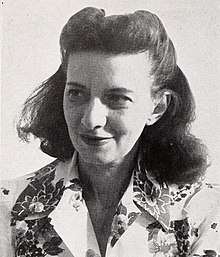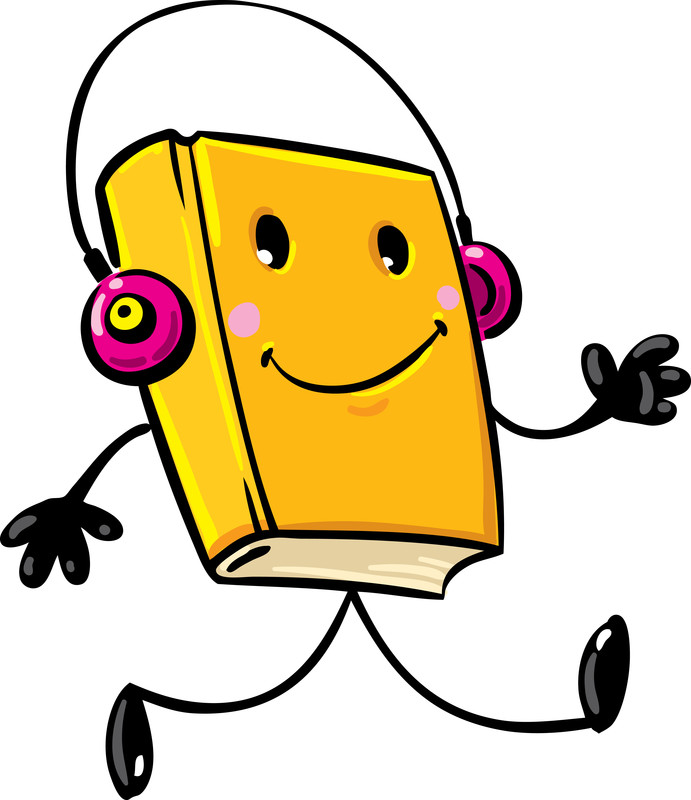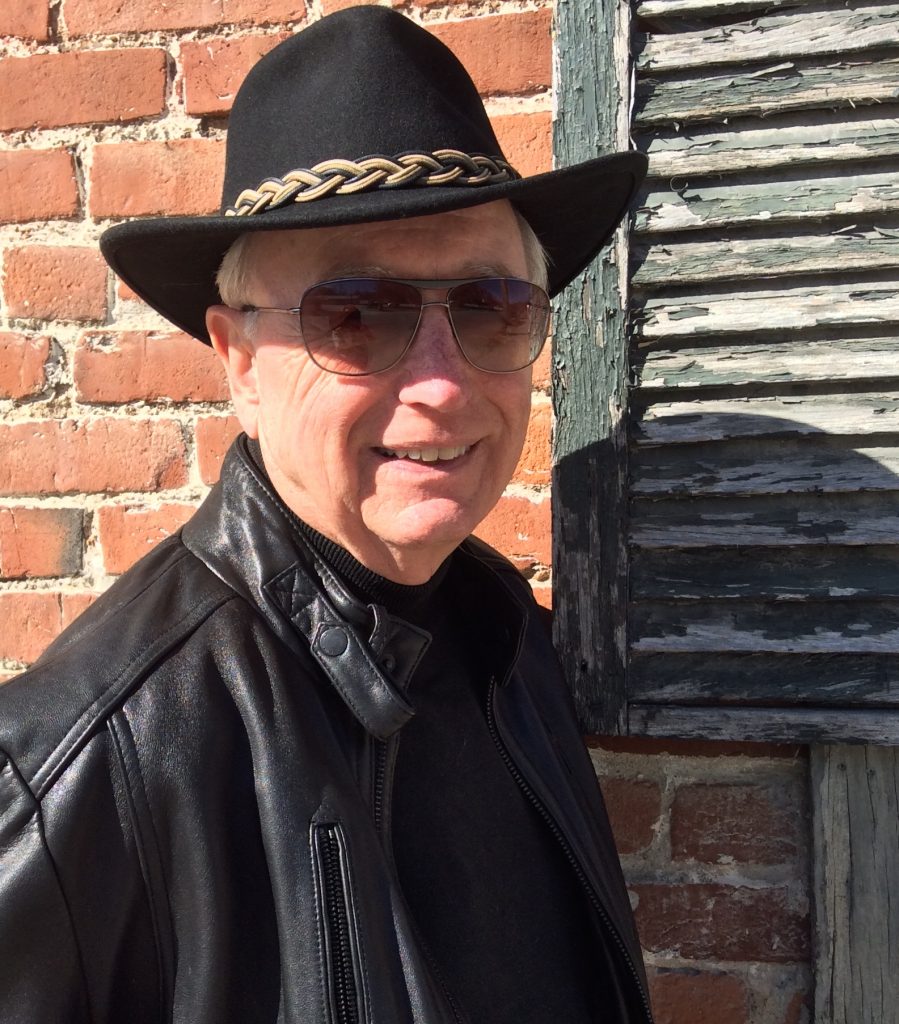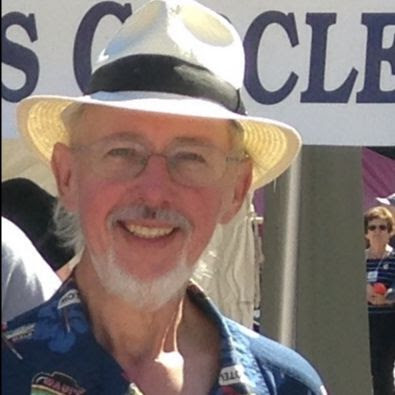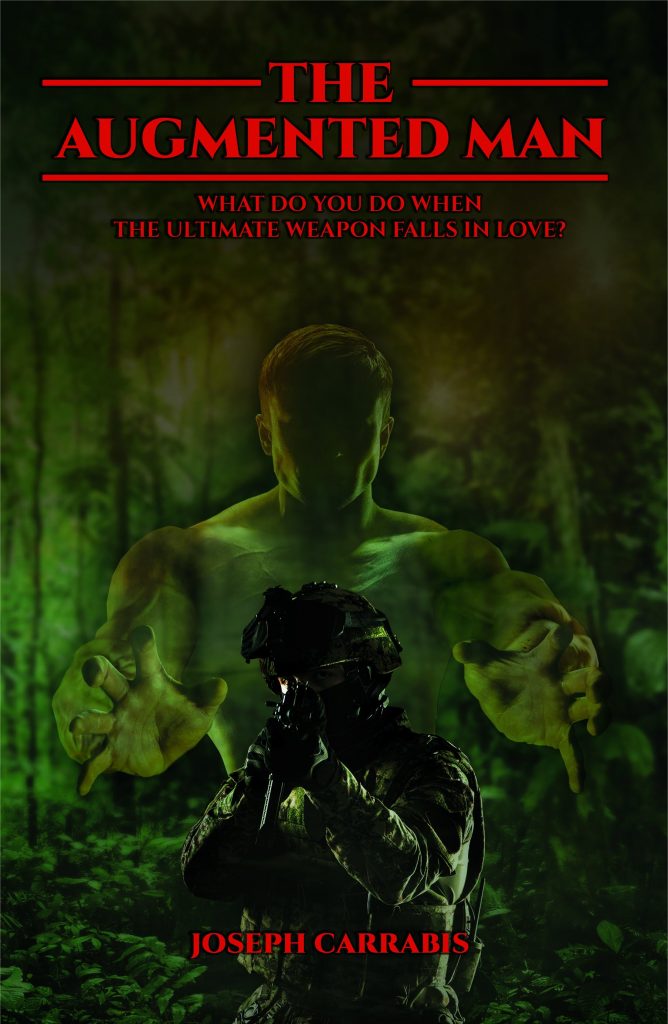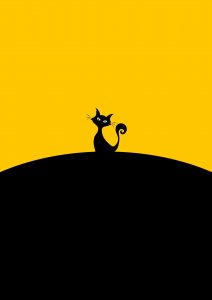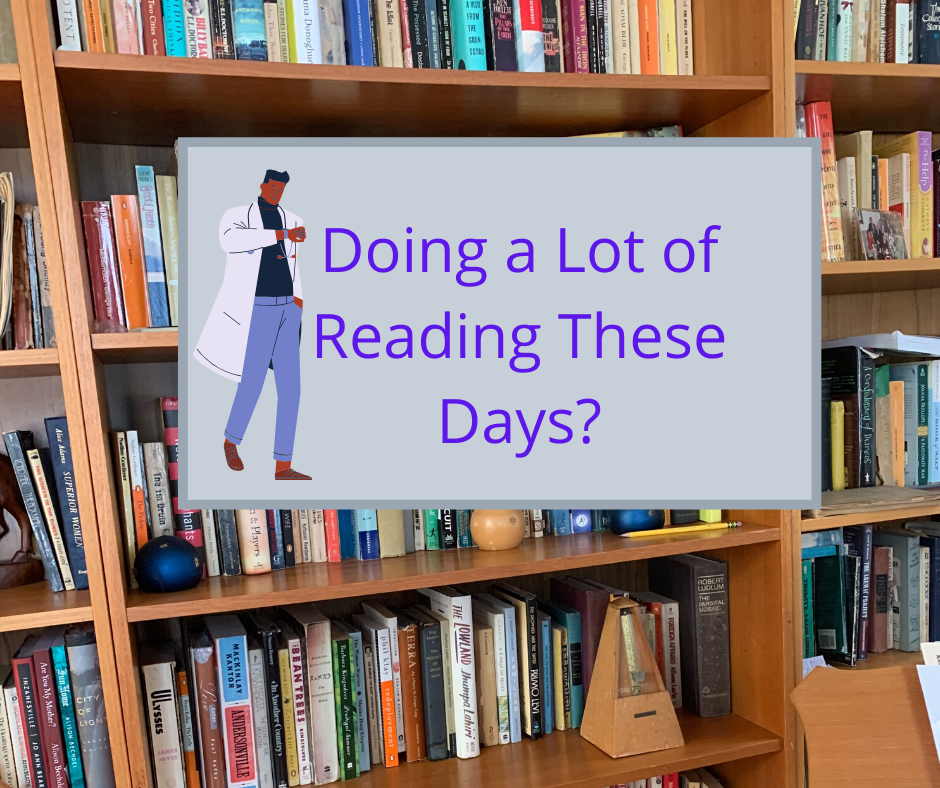Quiz: Are You Destined for Literary Success?
Are You Destined for Literary Success?
Just fill in our quiz, all you talented wordsmiths, and find out!
- How talented are you? Be brutally honest, babes! a. Off the charts – right up there with Dan Brown and Lee Childs b. No genius, but I know my craft, and work my ass off c. Martin Amis or Salman Rushdie would like my work if they knew it d. I don’t know crap about grammar or spelling, but hey, that’s what editors are for, right?
- How much training do you have in Creative Writing? a. Bachelor’s degree b. MFA c. PhD d. I went to a summer workshop and slept with one of the tutors
- Your social media presence a. rivals Kim Kardashian’s b.
